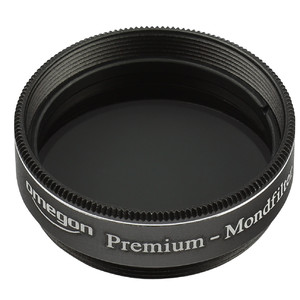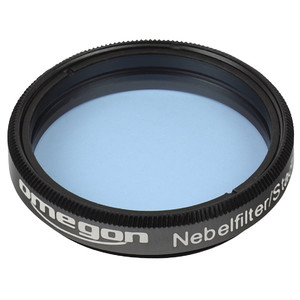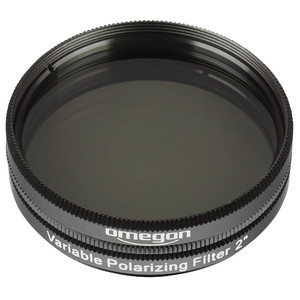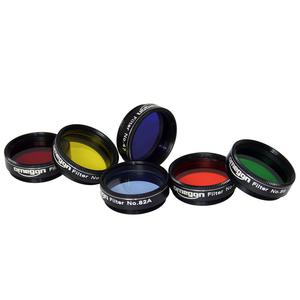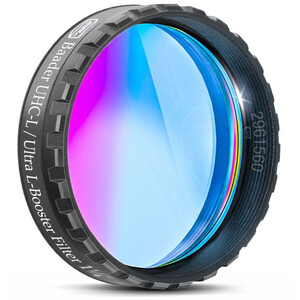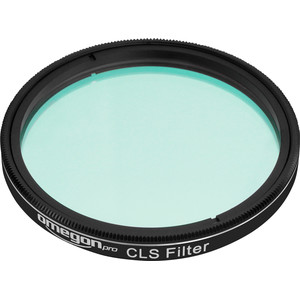Filters
Filters are real power boosters for observation: anyone who uses them will see more than others. Here you can find out how and what they do.
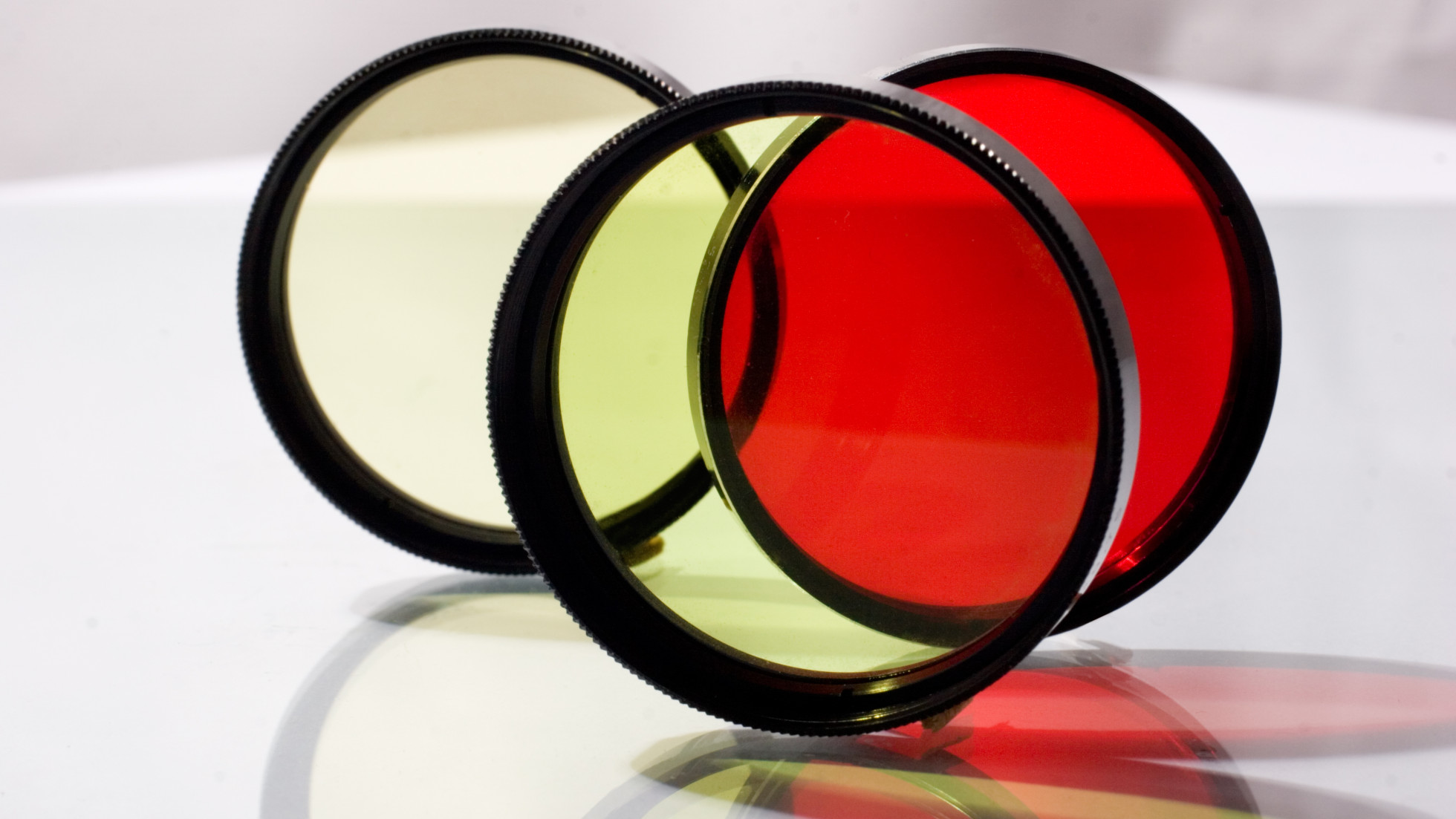
What filters are there?
Visible light radiates in a spectrum of around 380 to 780 nanometres, from the short-wave blue-violet to the long-wave red. When you use your telescope to observe celestial objects, you can enhance contrast and even see details that were previously invisible by using nebula filters. And moon filters reduce the harsh brightness of the Earth's satellite. What are the differences between them?
The best filter to use depends on the object you wish to observe. These are some of the filters that are available:
- Moon filter: reduces moonlight
- Colour filter: enhances planetary details
- Nebula filter: accentuates details for deep sky observing
The moon filter: counters brightness
A neutral, grey, or moon filter has the task of suppressing bright moonlight and increasing contrast. If, as a visitor to an observatory, you have looked through a large telescope without a filter, you will probably remember the experience vividly and know why a moon filter is so important. Looking at the Moon without a filter has its downsides; it is so bright that it can dazzle the observer. If you turn your gaze away from the telescope and look into the darkness, you will often still have a ghostly impression of the Moon in your eye.
This effect diminishes gradually, but it is still annoying. Of course, these filters are available for different levels of tinting. These range from a light transmission of around 8% to 50%. The filters with high transmission are more suitable for smaller telescopes, and those with low transmission are best for larger telescopes.
Variable moon filter
Variable polarizing filters are the luxury models among moon filters. They consist of not only one, but two filters, which are connected together. If you rotate these two filters, you can variably and individually adjust the degree of brightness reduction. Most polarizing filters allow light transmission of between 1% and 40%. Depending on the size of your telescope and your personal light sensitivity, you will find the optimal balance between brightness and contrast.
Nebula filter: making faint objects visible
These are very elaborately produced and consist of several dielectric layers, which are vapour-deposited onto high-quality optical glass. Depending on the filters' purpose, they will allow only light from part of the spectrum to pass through. Unproductive spectral ranges are absorbed by the filter, while the ranges which the objects predominantly emit are allowed to pass through.
The kink in the curve
All nebula filters block the spectral range emitted by street lights. This is the case above 530 nm, for example, and extends to around 630 nm. If you look at any filter's transmission curve, you will notice that there is a significant downward kink in this area, which only rises again from 630 nm. This is a big plus for the filter’s effectiveness, because when the street light is blocked, the contrast of the object increases.
Using filters in a telescope
Using a filter with a telescope is easy. You can choose between 1.25" and 2" filters. These dimensions correspond to the eyepiece size and all you need to do is simply screw the filter into the eyepiece barrel thread. Then attach the eyepiece and filter to your telescope’s focuser and you’re ready to start observing.
The range of astronomical accessories is extremely varied, so this introduction covers only a small number to help you get started with your new hobby. You can find more information in our magazine pages and in the Astroshop blog. Our glossary explains the many technical terms.
At Astroshop you will find accessories that cover the full range from purely visual observation through to specialist astrophotography equipment. And if you have a question that you would like to have answered personally, why not call our experts or send us an e-mail.

